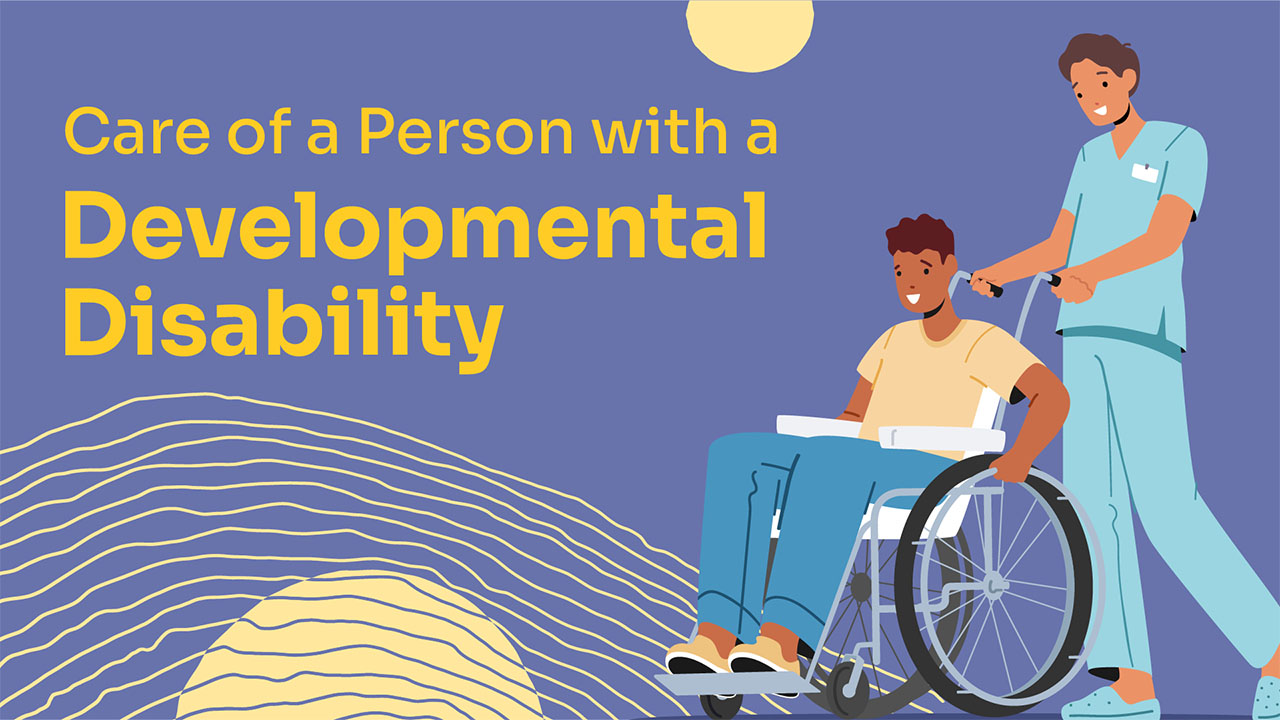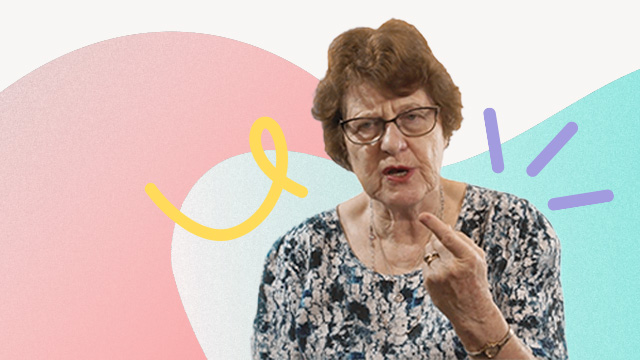Care of a Person with a Developmental Disability


Content
What you'll learn:
Understand the intersection between disability and health.
Describe the role and value of the interdisciplinary team, both individually and collectively, throughout the care journey of people with developmental disabilities.
Differentiate between proactive and reactive care in addressing the health needs of people with developmental disabilities.
Develop the mindset and the skills to provide considered and individualised care for people with developmental disabilities in all health settings.
Who it's for:
Why it's needed:
People with developmental disabilities have a higher prevalence of chronic disease, a shorter life expectancy, higher morbidity and mortality rates, and are twice as likely as the general population to die from preventable causes. Additionally, people with developmental disabilities are hospitalised more frequently and at younger ages, and have significantly longer hospital stays than those without disabilities.
Furthermore, within interdisciplinary teams, there is a high prevalence of ineffective communication and collaboration, which can lead to patient dissatisfaction, misdiagnosis, delayed treatment, medication errors, injury or death.
Despite these stakes, there are few best-practice guidelines and recommended nursing interventions available for professionals to refer to. It is this overall lack of knowledge and understanding of developmental disabilities that needs addressing.
Without more targeted education regarding caring for people with developmental disabilities for all healthcare professionals, there will continue to be gaps in the care provided, thus furthering negative health outcomes for this patient group.
Purpose:
Topics
Assign mandatory training and keep all your records in-one-place.
Find out more
Recommended resources










 New
New